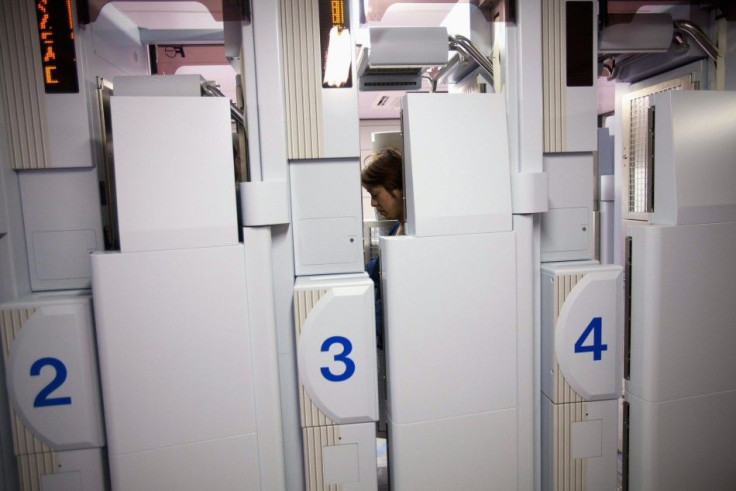Meiji Shares Plummet on News of Radiation in Baby Formula

Meiji Holdings Co.'s shares have plummeted following the discovery of radiation in its baby formula this week, which added to concerns about baby-food contamination nine months after an earthquake and tsunami hit the nation.
Meiji's shares fell the most in eight months after the company found traces of cesium-137 and cesium-134 in certain Meiji Step baby formula made in March, Bloomberg reported Tuesday.
While the Japanese food and candy producer said the cesium levels are still safe for consumption, it is recalling its canned powdered milk with October 2012 expiration dates for precautionary purposes, wrote Bloomberg. The company was responding to a consumer complaint when it originally investigated the formula. It has recalled about 400,000 cans of the product.
Meiji's case is just the latest in a series of concerns about radiation contaminating food in Japan. Nearly nine months ago on March 11, an earthquake and subsequent tsunami rocked Japan. Three nuclear reactors went into meltdown at the Fukushima Dai-ichi plant.
Radiation has found its way into the air and ocean since the meltdown, and there have already been reports of radiation in foods like beef, fish and rice. However, this was the first case of reported radiation in baby formula.
Kyodo News of Japan reported that the radiation contaminated the milk when it was being dried in March. The Associated Press, meanwhile, noted that the levels of cesium-134 and cesium-137 reported by Meiji was in line with safety levels defined by the Japanese government's limit of 200 becquerels per kilogram for milk.
The dose is pretty small, Richard Wakeford, a visiting professor in epidemiology at the University of Manchester's Dalton Nuclear Institute, told Bloomberg. But you can understand the kind of pressure that the manufacturer would be under these circumstances.
Shares of Meiji fell 9.7 percent in Tuesday trading to 3,020 yen ($38.86), the largest decline in the Nikkei 225.
© Copyright IBTimes 2025. All rights reserved.





















